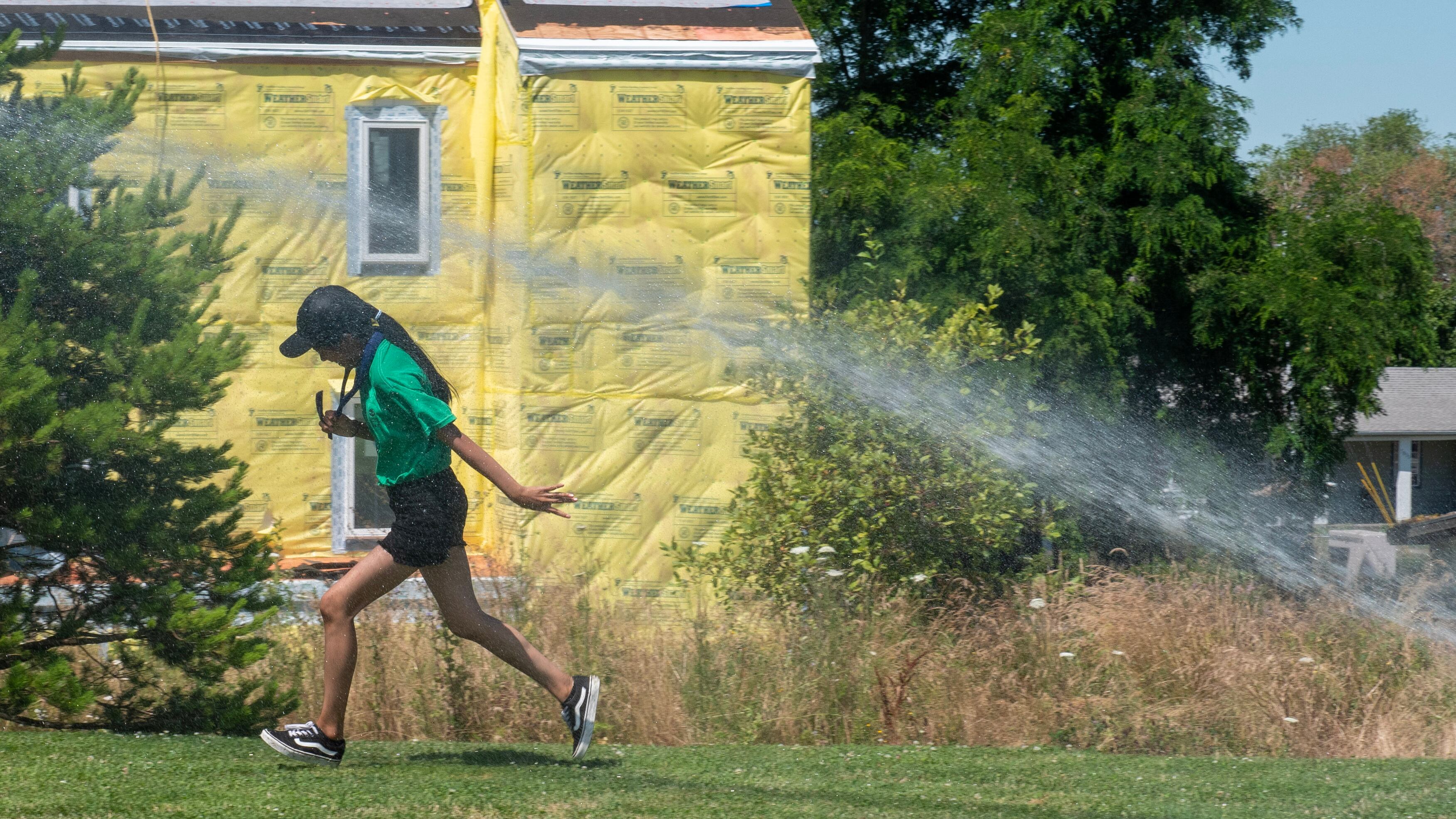Gov. Tina Kotek made the development of 36,000 new housing units a year a top priority of her administration, and her Housing Production Advisory Council has taken the governor’s urgency to heart.
As WW reported earlier this week, one of the draft proposals the panel circulated is the development of wetlands not connected to a navigable body of water.
To her credit, Kotek wants to make meaningful progress on Oregon’s failure to keep up with demand for housing, which has created a shortage of more than 100,000 units and contributed to widespread homelessness.
But moving aggressively to upend the status quo means challenging existing policy, including municipal tree codes aimed at protecting canopies that are increasingly important as the climate changes.
In Portland, for instance, the tree code lays out strict guidelines for development on lots in the city, saying in part:
“An applicant shall preserve and protect at least 1/3 of the non-exempt trees 12 inches and larger in diameter located completely or partially on the development site, unless mitigation occurs.”
The Housing Production Advisory Council would override such local regulations for 10 years. Here’s part of the draft language it produced Aug. 8:
“No city or jurisdiction shall have a tree code that prohibits or charges a fee for the removal of a tree less than 60″ in diameter,” the draft proposal says. “For trees larger than 60″ in diameter, the city or jurisdiction must offer a program that allows for replacement trees to be planted or for a fee in lieu option when the replacement tree option is not feasible.”
Representatives of environmental groups, including Willamette Riverkeeper and Portland Audubon, which have fought against developers and in favor of the city tree codes, say the draft proposal could lead to clear-cutting urban lots.
Riverkeeper’s Bob Sallinger says the environmental community has fought for tree protections in recent years because trees slow stormwater runoff, create wildlife habitat, provide shade, and reduce urban heat islands. Trees also help counteract the effects of carbon-caused climate change. Even with that greater focus, Portland has seen its tree canopy shrink.
“There has been a huge movement to add protections and a recognition that we haven’t done enough to preserve trees,” Sallinger says. Trees have also become a potent symbol of social justice. As researchers have documented, urban tree canopies are thinnest in poor neighborhoods. “The most vulnerable communities tend to live in places that lack trees,” Sallinger says.
Environmentalists fear that the Housing Production Advisory Council is exploiting the housing shortage to roll back protections it finds inconvenient. Taking an ax to tree codes—even if it if it’s just for a decade—would be a disaster, they say.
“It’s at least as bad, if not worse than the wetland proposal from our perspective,” says Micah Meskel, assistant conservation director for Portland Audubon.
Kotek spokeswoman Elisabeth Shepard reiterated her response to concerns environmentalists expressed about a draft proposal to fill wetlands: All proposals are preliminary drafts at this point, but the governor is looking for “bold” ideas to fill the housing gap.
